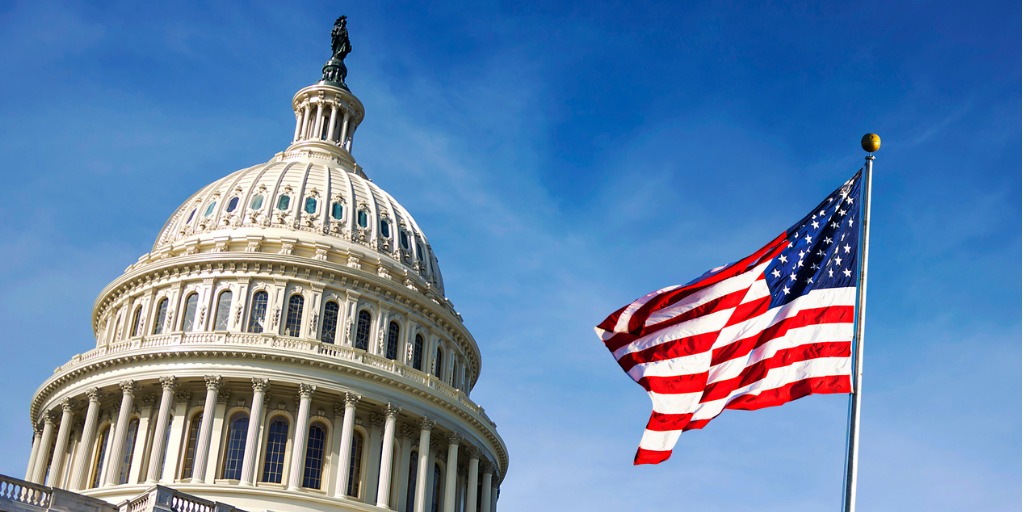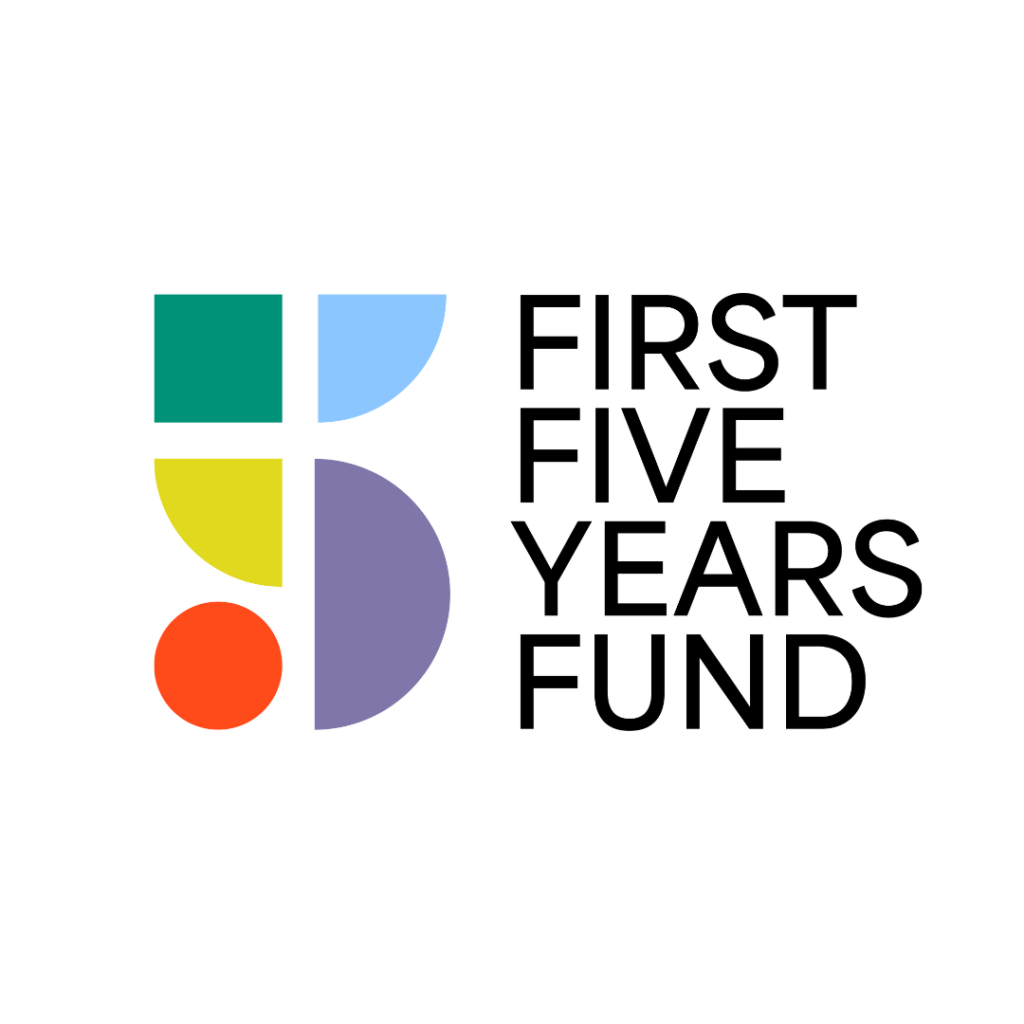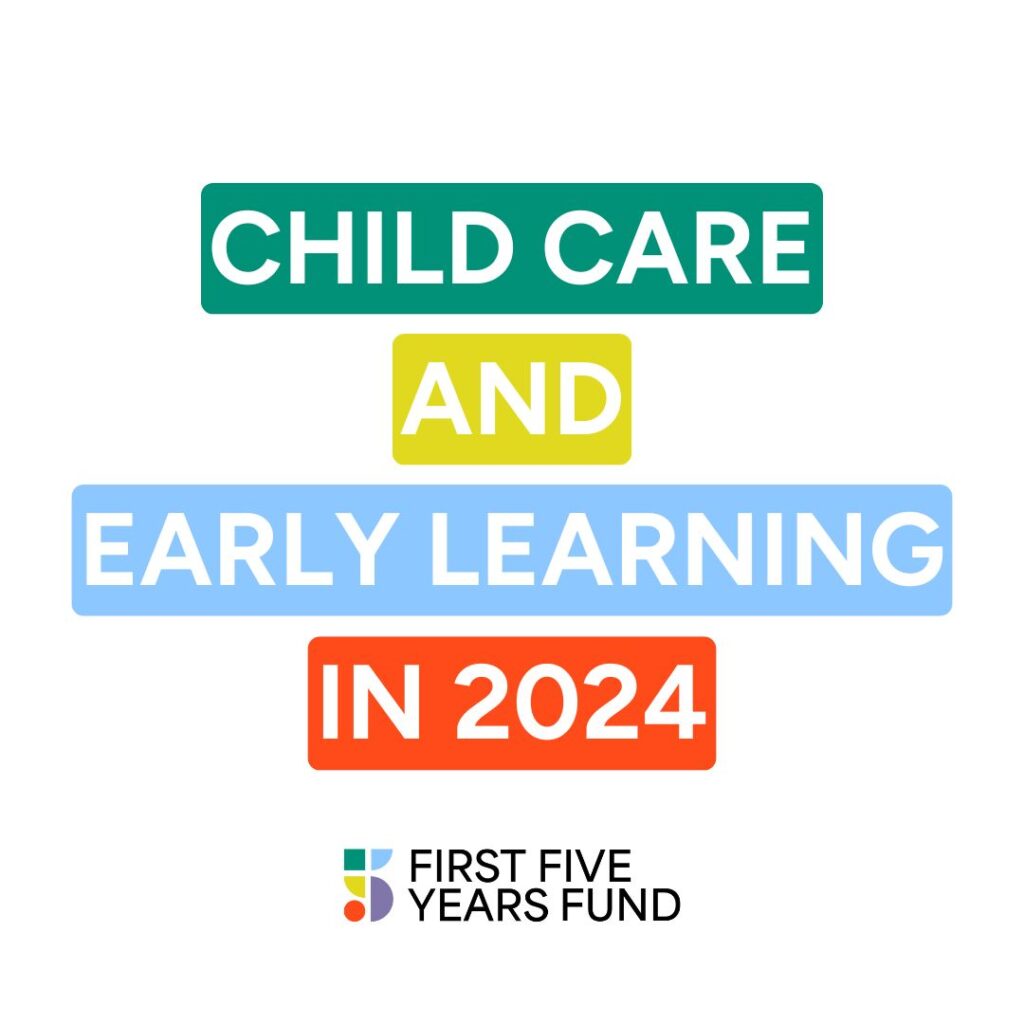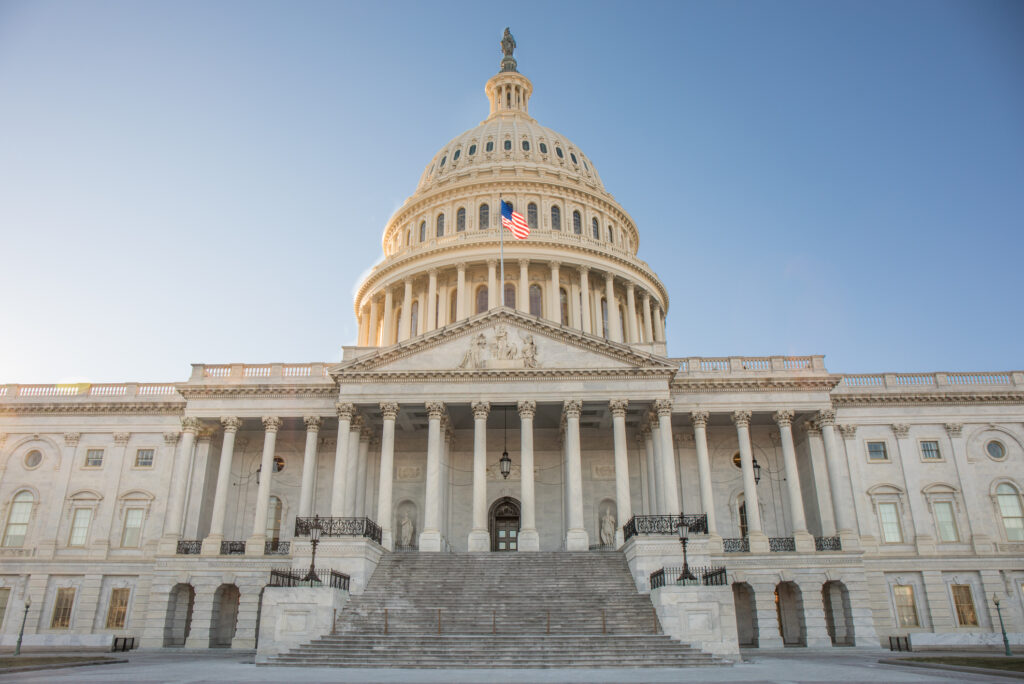During Appropriations Subcommittee Hearing, HHS Secretary Becerra Affirms Administration’s Commitment to Early Learning & Care

Last week, Secretary of the Department of Health and Human Services Xavier Becerra testified before the Senate Appropriations Subcommittee on Labor, Health and Human Services, Education and Related Agencies hearing on President Biden’s FY2022 Budget Request, which proposes significant funding increases to core federal early learning and care programs, including the Child Care and Development Block Grant (CCDBG) program, Head Start and Early Head Start, and the Preschool Development Grant Birth through Five (PDG B-5) program. See FFYF’s analysis of the funding increases here.
At the start of the hearing, Subcommittee Chairwoman Patty Murray (D-WA) spoke about the child care crisis and how the budget addresses the issues, “We have seen throughout this pandemic how the child care crisis has grown worse and been particularly hard on women and hardest of all on women of color and women who are paid low wages. This budget acknowledges the importance of investing in a bright future for every child in our nation and proposes to increase funding for child care and development block grants.”
During his opening remarks, Sec. Becerra spoke about the importance of investing in our youngest learners, “Our experiences as children shape the adults we become, and support in childhood can mean success in the future. As Frederick Douglass wrote, “It is easier to build strong children than to repair broken men.” High-quality early care and education lay a strong foundation so that children can take full advantage of education and training opportunities later in life. The American Jobs Plan and the American Families Plan invest in school and child care infrastructure and workforce training, and ensure that low and middle-income families pay no more than 7 percent of their income on high-quality child care.”
During questioning, Chairwoman Murray (D-WA) again brought up the child care crisis and the challenges facing women and asked Secretary Becerra about the department’s work to improve access to child care, “The pandemic really exposed what many of us have known for a very long time, the child care system in our country is really broken. Child care is such an essential part of our infrastructure, it is really key to our economy, and during the pandemic we saw four times as many leave the labor force as men, in large part due to increased caregiving and distance learning responsibilities. The problem was even worse for black and latina mothers, so I am really glad to see your budget propose large investments in child care. Prior to the pandemic, CCDBG programs served just one in seven eligible children and the need for the service is now expected to rise significantly given the economic turmoil created by this pandemic. How will this funding improve access to child care?”
Secretary Becerra affirmed his belief in the economic importance of child care, saying, “Our economy will not fully recover until we address the child care needs, especially for women. It is important for us to make these kinds of investments. But it still does not take us to where we need to go. As you just mentioned, just for those who were eligible we were only providing service to one one in seven kids. More often than not, even in a two parent household, both parents have to work and no one wants to see a scenario where we damage our future because we didn’t think of investing in our kids. The President’s proposal provides full time pre-K for three and four year olds, which would be tremendous help for a lot of families. Providing a child care tax credit would be a tremendous help. But investments in these [Child Care Development] Block Grants that help those families are critical, especially for middle and low-income families.”
Becerra went on to discuss the need to invest in the child care workforce, “Quite honestly, we should not be paying the dirt poor wages that so many of these child care workers have been receiving. They deserve to be paid for the work they do, they’re taking care of our most precious assets. So we need to see them receive a decent wage and salary. We have failed for so long to really invest in taking care of our kids and helping our brothers and sisters in America care for their kids. We have to make those investments. I know there is a great deal of support in the House and Senate to do something serious when it comes to child care. Whether it is the tax credits or major investments, we need to do it.”
During the hearing, Senator Jeanne Shaheen (D-NH) spoke about her concerns with the impact of the child care crisis on families and asked Secretary Becerra to expedite the distribution of funds from the American Rescue Plan to child care providers with detailed guidance on how to use the relief funds, “One of the areas heavily impacted by the Coronavirus is child care. We have seen the reports of what has happened to women because they can’t get child care anymore. In meeting with child care providers in New Hampshire, they have had a very difficult time as people try and come back and they try to provide coverage for families. But one challenge has been expediting the funds going out to states, and it’s an issue for us at the state level as well because of the challenge of making sure people understand the guidance. What I have heard from child care providers is that they don’t want to spend money and then find out later that they haven’t complied with the rules and have to give it back. Will you work with New Hampshire and other states to make sure that guidance and assistance is there for our child care providers who are really struggling at this time?”
Secretary Becerra confirmed that the Department of Health and Human Services would be working closely with states to ensure child care providers have clear guidance on using funds from the American Rescue Plan.
Earlier this year, FFYF and other national early care and education advocacy organizations sent a letter calling on Congress to provide increased funding for federal early learning and care programs, including the Child Care and Development Block Grant (CCDBG) program, Head Start and Early Head Start, the Individuals with Disabilities Education Act (IDEA), and the Preschool Development Grant Birth through Five (PDG B-5) program. Additionally, 5 separate “Dear Colleague” letters were circulated and signed by Democrats and Republicans on Capitol Hill in support of funding for the federal early learning and care programs.
The White House released two proposals ahead of the FY2022 budget request to invest in child care infrastructure and the early learning and care system. The American Jobs Plan would invest $25 billion in child care centers facilities and expand a tax credit for businesses to build child care at places of work. The American Families Plan would provide a $225 billion investment to address the child care needs of families and providers, $220 billion to expand voluntary preschool access to all 3- and 4-year-olds, and a permanent extension of recent improvements from the American Rescue Plan to various tax credits, including to the Child and Dependent Care Tax Credit (CDCTC), among other provisions to help working parents and young children.
The American Rescue Plan Act provided critical relief to families who rely on child care and to a child care industry that would have collapsed without an infusion of emergency funding provided by Congress and the administration. FFYF released a new resource that summarizes how and when this child care relief will be distributed to states, and ultimately families and providers.
Subscribe to FFYF First Look
Every morning, FFYF reports on the latest child care & early learning news from across the country. Subscribe and take 5 minutes to know what's happening in early childhood education.



